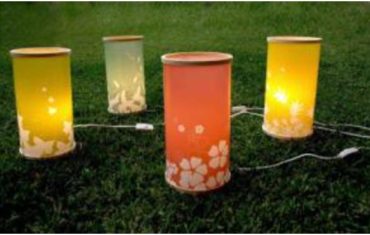Good news for retailers selling sustainable and ethical products, with more and more consumers looking to buy items made of recycled materials.
According to research by Monash University, an increasing number of consumers prefer―and are prepared to pay more for―products that use sustainable or recycled materials.
Revealing a significant shift in the decision-making and purchase drivers of consumers, today’s shoppers are more likely to buy from a brand or retailer that aligns with their personal values. In fact, consumers believe their shopping habits have a significant impact on the world.
Lead researcher Dr Eloise Zoppos, from Monash Business School’s Australian Consumer and Retail Studies unit (ACRS), says these consumers are changing the retail landscape.
“Consumers today find less joy in excessive spending, and choose to spend money on experiences rather than material goods,” she says.
“The modern shopper is constantly searching for meaning, not only in how they live, but also how they consume.
“Price and convenience aren’t the only purchase drivers anymore; consumers want to buy ethically, with global impact being front-of-mind.”
The research also shows that 91 per cent of consumers want brands to use sustainable ingredients or material, while 92 per cent believes sustainable business practices should be standard.
Also, two-thirds of consumers are willing to splurge on products from a sustainable or socially conscious brand, while 70 per cent will pay more for products that don’t infringe on human rights. Especially millennials feel very strong about these trends.
“In the past two years, there has been an 11 per cent increase in ethical cosmetics sales. This is primarily driven by millennials who are demanding more ethical products from the beauty industry.
“There has also been a decline in the sale of leather shoes and, in the same period, a 60 per cent increase in the number of women buying second-hand clothing. This behaviour has been fed by concern about the environmental impact of ‘fast fashion’.”
Retailers need to tap into this fast growing market by giving consumers options that align with their values, which includes more than a memorable and personalised in-store experience, says Zoppos.
“Green spaces in shopping centres can also reduce consumers’ cognitive load and give them the mental space to be more mindful and considered in their shopping choices, and, ultimately, more satisfied.”







